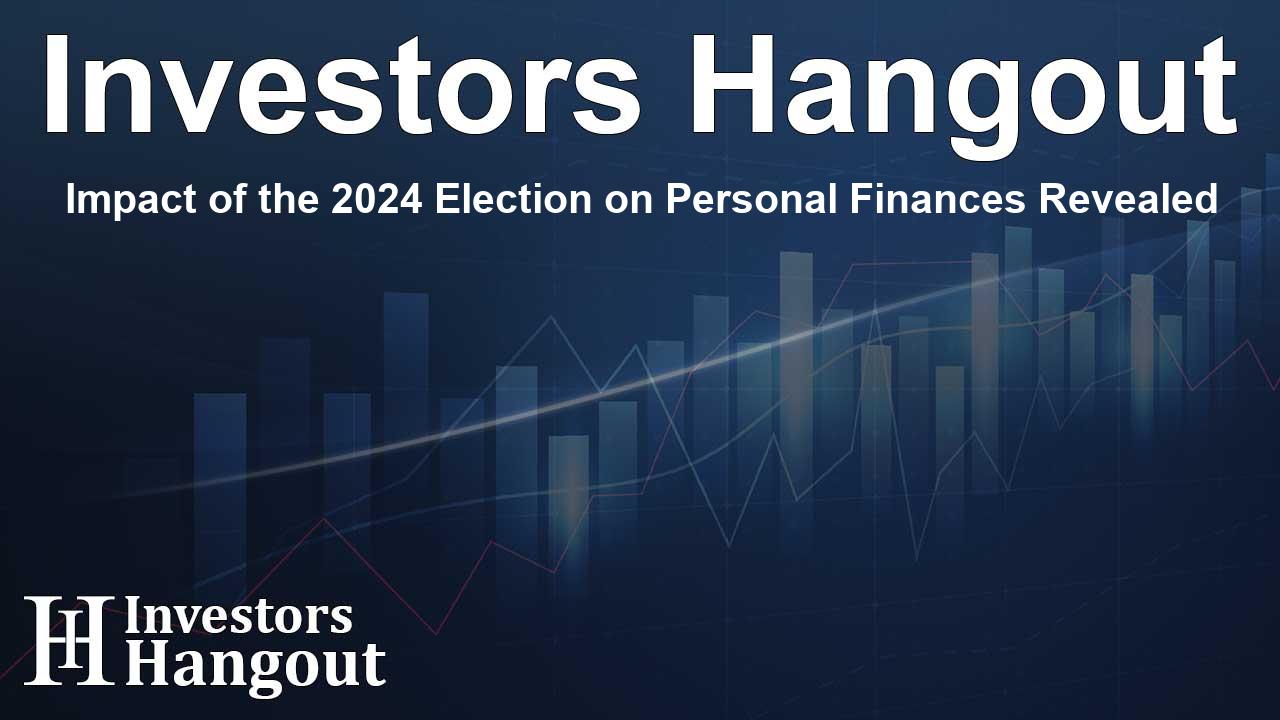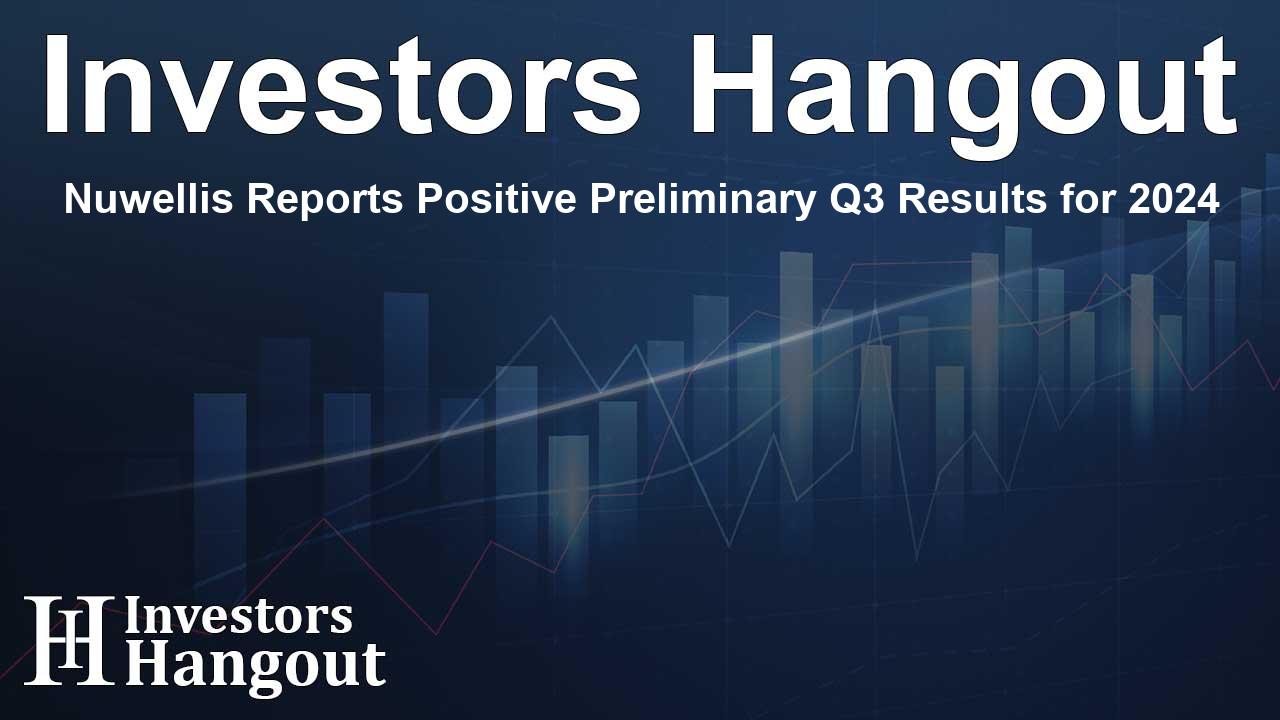Impact of the 2024 Election on Personal Finances Revealed

Understanding the Financial Implications of the 2024 Election
As the 2024 Presidential election approaches, Americans are increasingly aware of the potential consequences it may have on their finances. New research indicates that roughly half of the population believes that the election outcome will directly influence their economic well-being.
Americans’ Perspectives on Wealth and Politics
The survey results reveal striking insights into how Americans perceive their financial futures in relation to political outcomes. Notably, 24% of participants express that the election results play a critical role in determining whether they feel wealthy, with sentiments particularly pronounced among the Middle Class. Individuals earning between $50,000 to $100,000 are particularly optimistic, with 27% aligning their financial fortunes with the election.
The Connection Between Elections and Wallet Health
Many Americans are clearly linking their financial security with the election's outcome. About 42% believe their financial situation will vary based on which candidate wins. A significant segment, approximately one-third of the respondents, expressed concern that their ability to spend and save—termed 'Wallet Power'—might diminish due to election results. Moreover, economic expectations can extend to retirement plans, with 34% viewing the election's results as a major determinant in their retirement timelines.
Concerns About Inflation and Economic Stability
The economy remains a primary concern for voters. A sizeable 42% of survey respondents expressed hopes that the winning candidate will be effective in controlling inflation and making everyday expenses more manageable. This sentiment indicates a collective uncertainty regarding financial stability against the backdrop of prevailing economic pressures. Additionally, a notable portion of voters associates the election with their ability to meet personal financial ambitions, with many believing the result could influence home affordability.
Behavioral Changes Based on Election Outcomes
The anticipated influence of election results can lead to tangible behavioral changes regarding finances. Approximately 41% of respondents indicated they would bolster their emergency savings post-election, while 45% intend to adopt more frugal spending habits. This proactive stance demonstrates a conscious effort to safeguard personal finances amidst potential economic changes initiated by the electoral decision.
The Intersection of Election Awareness and Market Trends
Interestingly, Americans are reportedly paying more attention to the Presidential race than to the stock market, with 67% closely following the election compared to only 33% monitoring market fluctuations. Alarmingly, over half of the surveyed individuals believe that uncertainty surrounding the election outcome negatively impacts financial markets.
Investment Decisions in Light of Election Outcomes
Decisions around investments are also anticipated to shift based on election results. Approximately 23% of respondents are prepared to increase their stock market investments contingent on the election's outcome. This trend indicates that political sentiment may significantly shape individual's financial strategies, reflecting a broader, interconnected relationship between politics and personal wealth management.
Workplace Dynamics During an Election Year
The election will not just impact personal finances—it is expected to create ripples in workplace attitudes as well. A considerable number of individuals admitted they might struggle to maintain their productivity due to election-related distractions. Roughly one in five anticipate lower work efficiency during the election period, while 33% plan to take time off on the election day.
How the Election Shapes Future Economies
The potential implications of the election on broader economic conditions cannot be overstated. Many believe that the direction of the economy, influenced by the elected president, will be crucial for future job security and corporate performance. In fact, 57% expressed concerns that the election outcome would directly impact the job market.
Frequently Asked Questions
How do Americans view the 2024 election's impact on their finances?
A significant number of voters believe the outcome of the election directly affects their personal finances, with many feeling their wealth is tied to the electoral result.
What financial behaviors are changing due to the election?
Many individuals plan to enhance their savings, invest more cautiously, and adjust their spending habits based on election forecasts.
Are voters optimistic about the future of the economy post-election?
Opinions are mixed; some believe that the election will lead to economic booms or recessions depending on the victor.
How does the election influence workplace attitudes?
The election is expected to distract workers, with many planning to take time off to vote and follow election news closely during working hours.
What is the connection between Inflation and election outcomes?
Many Americans correlate the success of the election winner with their ability to control inflation and economic stability, impacting their spending and saving behaviors.
About Investors Hangout
Investors Hangout is a leading online stock forum for financial discussion and learning, offering a wide range of free tools and resources. It draws in traders of all levels, who exchange market knowledge, investigate trading tactics, and keep an eye on industry developments in real time. Featuring financial articles, stock message boards, quotes, charts, company profiles, and live news updates. Through cooperative learning and a wealth of informational resources, it helps users from novices creating their first portfolios to experts honing their techniques. Join Investors Hangout today: https://investorshangout.com/
Disclaimer: The content of this article is solely for general informational purposes only; it does not represent legal, financial, or investment advice. Investors Hangout does not offer financial advice; the author is not a licensed financial advisor. Consult a qualified advisor before making any financial or investment decisions based on this article. The author's interpretation of publicly available data shapes the opinions presented here; as a result, they should not be taken as advice to purchase, sell, or hold any securities mentioned or any other investments. The author does not guarantee the accuracy, completeness, or timeliness of any material, providing it "as is." Information and market conditions may change; past performance is not indicative of future outcomes. If any of the material offered here is inaccurate, please contact us for corrections.









